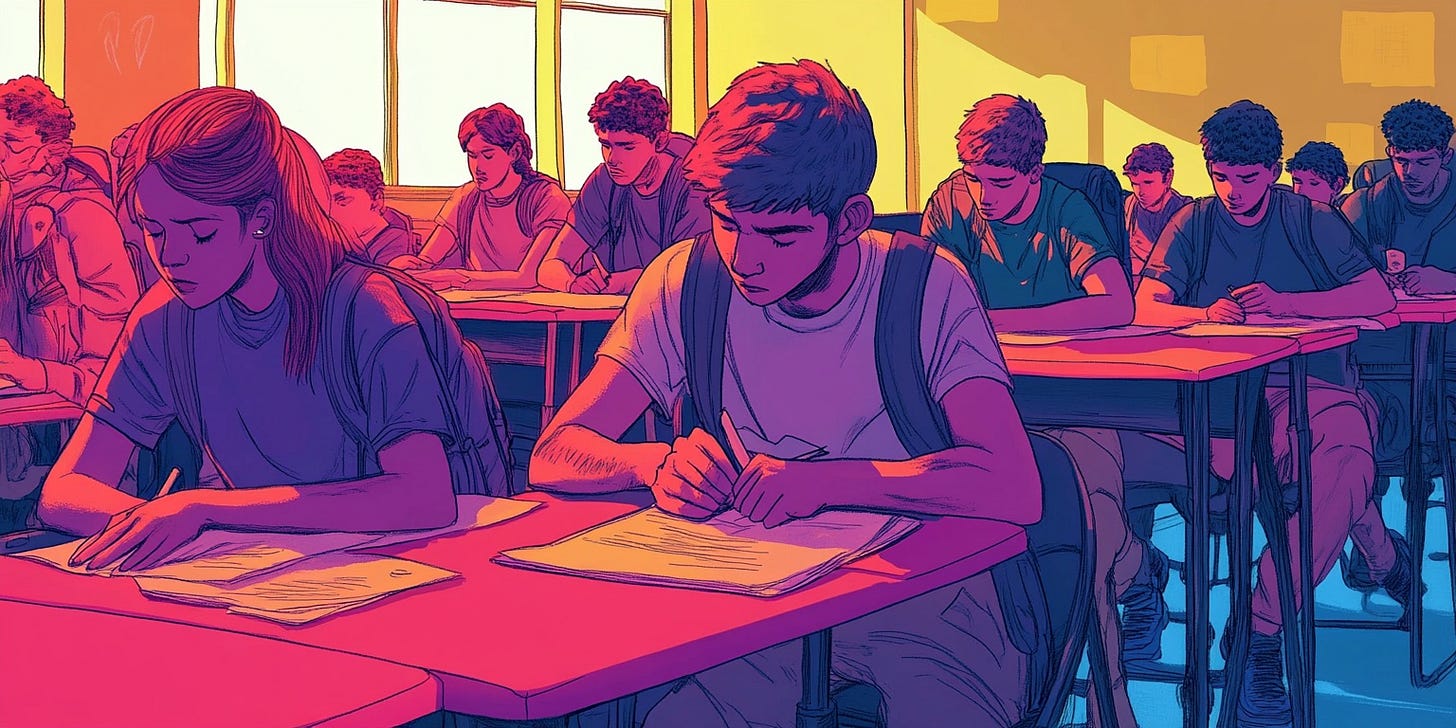US v. Google
Google has been in court all week as part of an ongoing antitrust trial. While the biggest headlines are around Chrome and search, there have also been plenty of interesting AI developments.
Between the lines:
Google apparently has a deal with Samsung (for "an enormous amount of money") to preinstall Gemini on its devices - a similar Motorola deal appears to have dashed Perplexity's attempts to be the default Motorola AI assistant.
These deals may have contributed to Gemini's impressive usage: 35M DAUs and 350M MAUs worldwide as of March. For reference, ChatGPT had 160M DAUs and 600M MAUs.
The results of this case have the potential to reshape the tech landscape. Case in point: OpenAI says it would be interested in buying Chrome if Google is required to sell it off.
Elsewhere in the FAANG free-for-all:
Apple plans to move its secret robotics team from AI chief John Giannandrea's unit to hardware engineering SVP John Ternus's oversight.
Adobe unveiled its new Firefly Image Model 4, a redesigned web app, and content authenticity features.
Meta is expanding its Ray-Ban smart glasses with live translations and other AI features while launching new colors and expanding to new countries.
And a look at how Google's leadership has struggled to define a clear vision for how they want AI-powered Search features to evolve.
Jagged AGI
The AI community has had a week or so to play with OpenAI's latest flagship models (o3, o4-mini, and GPT-4.1), plus a bit longer with Google's Gemini 2.5 Pro, and we're starting to discover their strengths and weaknesses.
The big picture:
Professor Ethan Mollick has said these new models exhibit "Jagged AGI" - displaying superhuman performance in some areas while failing at seemingly simple tasks, creating an uneven landscape of capabilities.
For example: o3 and Gemini 2.5 Pro apparently outperform PhD-level virologists in problem-solving in wet labs; yet o3 is also more prone to hallucinations than its precedessor o1.
And we're seeing AI companies continue to build a portfolio of models that excel at different areas: o3 for complex reasoning and tool use, GPT-4.1 for precise developer tasks, and o4-mini as a cost-effective workhorse.
Elsewhere in frontier models:
OpenAI says its upcoming open model will be text-focused with customizable reasoning capabilities.
Character.AI launched AvatarFX, a beta AI video generation model that creates animated characters with diverse styles and voices.
And Nari Labs introduced Dia, a new 1.6B parameter text-to-speech model built without funding to produce natural dialogue.
Elsewhere in OpenAI:
Ziff Davis sues OpenAI for allegedly using its content to train AI models, seeking hundreds of millions in damages.
OpenAI projects massive growth with revenue expectations of $125B by 2029 and $174B by 2030, driven largely by agents and new products.
AI pioneer Geoffrey Hinton and former OpenAI staff have written to attorneys general opposing the restructuring of OpenAI into a for-profit entity.
And The Washington Post joins 20+ other publishers in partnering with OpenAI to make its content more accessible through ChatGPT.
Cheat on everything
Barely a month ago, two 21-year-old Columbia students were suspended after building a tool to cheat on Big Tech interviews. Now, they've formed a company around the tool and have raised $5.3M in funding.
What to watch:
Even by Silicon Valley standards, their "cheat on everything" manifesto and Black Mirror-esque dating ad are pretty brazen marketing moves.
And as AI researchers continue to call for better AI safety regulation, rebranding cheating as innovation (comparing it to calculators and spellcheck) strikes a discordant tone.
Yet the startup still needs to prove itself - despite reporting $3M in ARR (big if true!), there's already reporting that technical issues plague its current product and obvious tells make it far from seamless.
Elsewhere in AI anxiety:
ChatGPT users are raising privacy concerns by using the AI to determine photo locations through combined image analysis and web search capabilities.
Payment processors have forced AI site Civitai to remove content related to inappropriate AI-generated images.
A new GEO report confirms that AI systems require large amounts of water for their operation.
And tech industry insiders warn that Trump's trade policies could hamper the US computing sector by increasing costs for chip fabrication and AI facilities.
Things happen
Researchers are making progress in turning brainwaves into fluent speech. YouTube expects every video could be automatically dubbed in five years. Netflix's Ted Sarandos says AI can make movies "10% better". AI evaluation startups are seeing modest revenue. OpenAI brings image generator to its API. Nvidia's NeMo platform is now generally available. Trump signs order to boost AI education. Microsoft launches AI agents Researcher and Analyst. US chip restrictions could make Huawei a global powerhouse. Amazon says it now has "ample" GPU capacity. AI-assisted search works now. Meta is using AI to detect teen Instagram users. AI system alerts ships of whales in their path. Anthropic researcher estimates 15% chance AI models are conscious. Cursor maker Anysphere declined OpenAI acquisition. Hugging Face researcher discusses testing AI bias across languages. AMD faces critical challenges in competing with Nvidia. AI Horseless Carriages. A look at AI as normal technology vs. superintelligence. AI is being used to cut carbon emissions. Business Insider founder hits on AI executive. TSMC warns of limits in export rule compliance. Someone built an AI that turns GitHub repos into tutorials. The hidden cost of AI coding. The skill of the future is not 'AI', but 'Focus'. Can a single AI model advance any field of science? The AI skeptic's guide to AI collaboration. Microsoft report examines "Frontier Firms" using AI agents. AI overviews reduce clicks by 34.5%. Gemini becomes first LLM to understand PDF layouts.






